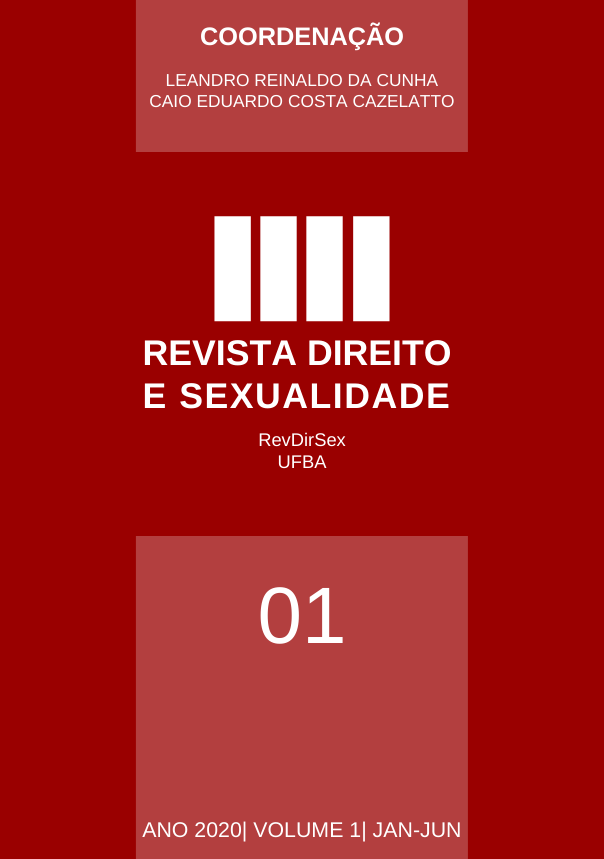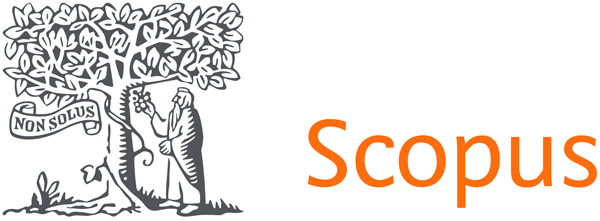ALÉM DO GÊNERO BINÁRIO: REPENSANDO O DIREITO AO RECONHECIMENTO LEGAL DE GÊNERO
DOI:
https://doi.org/10.9771/revdirsex.v1i1.36803Abstract
Sociedades ocidentais têm tradicionalmente reconhecido apenas dois gêneros, masculino e feminino. Contudo, como recente julgamento proferido pelo Tribunal Federal Constitucional alemão mostrou, isso vem começando a mudar e o pleito pelo reconhecimento legal do gênero por pessoas não-binárias vem crescendo de maneira considerável. Baseado na compreensão acerca do direito comparado, esse artigo argumenta que serem os movimentos legais que vão além do binarismo desejáveis ou não depende, em boa parte, da lógica que lhes dá sustentação, bem como examina inúmeras outras possíveis justificativas. No mínimo o reconhecimento legal de gênero de pessoas não-binárias deve se prestar a promover a autodeterminação dentro de um tecido social amplo de existência, apoiando pessoas não-binárias nas interações do dia-a-dia por desafiarem a auto-evidência do gênero binário. Com base na jurisprudência do Tribunal Europeu Direitos Humanos quanto aos direitos transgêneros, o artigo examina se essa lógica já se mostra latente na jurisprudência europeia.Downloads
Download data is not yet available.
Downloads
Published
2023-07-18
How to Cite
CUNHA, L. R. da. ALÉM DO GÊNERO BINÁRIO: REPENSANDO O DIREITO AO RECONHECIMENTO LEGAL DE GÊNERO. Revista Direito e Sexualidade, Salvador, v. 1, n. 1, 2023. DOI: 10.9771/revdirsex.v1i1.36803. Disponível em: https://periodicos.ufba.br/index.php/revdirsex/article/view/36803. Acesso em: 22 nov. 2024.
Issue
Section
TRADUÇÃO
License
Copyright (c) 2020 ambos

This work is licensed under a Creative Commons Attribution 4.0 International License.
- This Journal reserves the right to direct normative, spelling and grammatical alterations in original works, with the intention of maintaining the standard worship of the language, respecting the authors' style.
- The exclusive opinions by the authors are their sole responsibility.
- The licensing rights used by the journal are the Creative Commons Attribution 4.0 International License.
- Copyright belongs exclusively to the authors. Sharing (copying and distributing the material in any medium or format) and adaptation (remixing, transforming and re-adapting the original work for all purposes, including commercial) are permitted, provided that due credit is given for the initial publication in this journal.
- Authors are permitted and encouraged to publish and distribute their work online after publication, as this can increase the impact and citation of the published work (See The Effect of Open Access).













